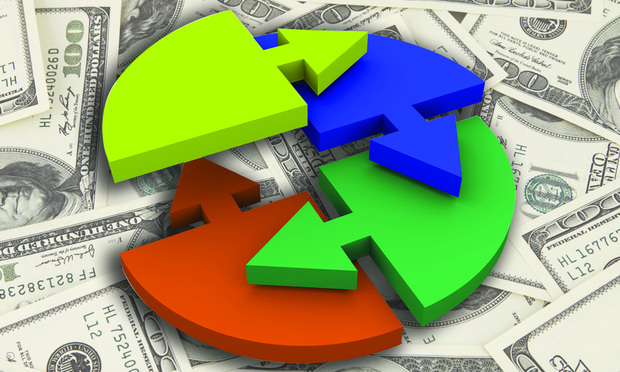The increasing volume and cost of defending patent litigation, especially in cases brought by non-practicing entities (NPEs), is reaching an all-time high. All too often, however, when faced with a settlement offer considerably less than the cost of litigation, companies make the hard economic choice of paying off the patent owner on a meritless case, because the cost of defense and the burden to prove an “exceptional case” to recover attorney fees are too high. This, some claim, has unbalanced the patent system, which is supposed to promote innovation while preserving legitimate competition, to allow bad claims to “win.” The public discussion on who should bear the burden of unfounded litigation (indeed, how to define what is unacceptable, unfounded litigation) has spilled over into proposed legislation in Congress and actions by many state attorneys general seeking to regulate NPEs’ patent licensing activities. Significantly, confirming recognition of the problem, the judiciary has jumped into the discussion, with judges giving speeches imploring patience while the courts work through the sticky issues on fee shifting, so that, as with excessive damages awards, the courts can find the balanced solution.
This last term, the U.S. Supreme Court took a major step to address these concerns in deciding two cases under the patent act fee shifting statute (35 U.S.C. §285): Octane Fitness v. Icon Health & Fitness and Highmark v. Allcare Health Management Sys.1 In Octane, the court rejected the “rigid and mechanical” two-part test for exceptionality established by the Federal Circuit in 2005, for one that assessed whether a case was exceptional as one that stands out. And, in Highmark, the court held that an appellate court should review all aspects of a district court’s decision under §285 for abuse of discretion, granting deference to the lower court’s decision.2 This court action appears to have derailed Congress’ pending legislation addressing fee shifting in patent cases, sending Congress back to the drawing board. It also has spawned some decisions that suggest that the bar to recovering attorneys’ fees has indeed been lowered.
Background of the Fee Shifting Statute
This content has been archived. It is available through our partners, LexisNexis® and Bloomberg Law.
To view this content, please continue to their sites.
Not a Lexis Subscriber?
Subscribe Now
Not a Bloomberg Law Subscriber?
Subscribe Now
LexisNexis® and Bloomberg Law are third party online distributors of the broad collection of current and archived versions of ALM's legal news publications. LexisNexis® and Bloomberg Law customers are able to access and use ALM's content, including content from the National Law Journal, The American Lawyer, Legaltech News, The New York Law Journal, and Corporate Counsel, as well as other sources of legal information.
For questions call 1-877-256-2472 or contact us at [email protected]



